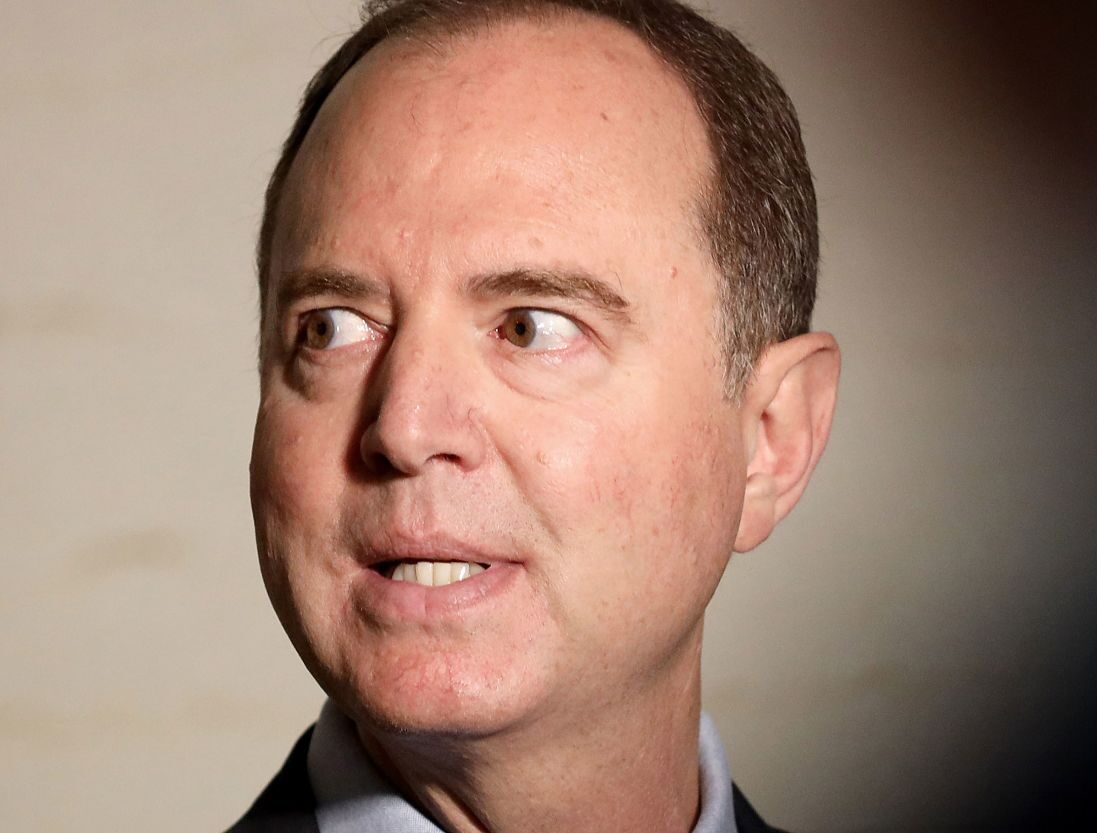With the 2024 election approaching, Democrats are again pushing for social media platforms to actively combat what they term “misinformation.” In the lead is Rep. Adam Schiff (D-CA), who issued a joint statement and letter to social media CEOs on Tuesday, calling on platforms to answer for the spread of misleading content and the potential for violence. Schiff targeted CEOs of major social media sites such as Facebook, X (now Twitter), TikTok and Google specifically, asking them to adopt tougher election integrity guidelines in the weeks before the November elections.
Schiff emphasized that “social media firms are bound to help protect our democracy – not promote fake news and hatred.” He went on to warn about cuts to content moderation policies: “Our democracy is at stake.”
Schiff’s letter – co-signed by seven other Democratic lawmakers — warned about tech companies’ failure to properly deal with problematic content. The members of Congress used these venues to explain how they would tackle lies that might influence the outcome of the election. The letter was reminiscent of Democratic rhetoric in the past, especially during the 2020 election, when social media firms also called for the removal of content that went against popular politics.
Schiff’s demands, he says, are cloak-and-dagger censorship efforts aimed at suppressing dissent. Many poured outrage on X, with some alleging that Schiff and other Democrats are seeking to monopolize the news and silence criticism. Some users noted that Schiff’s definition of “misinformation” is primarily political in nature and focuses on what doesn’t agree with the Left.
As one participant commented: “Schiff would rather us only believe media’s cleaned-up version of the facts. They don’t believe that the public will know the truth.” Most people see this plea for greater content moderation as an affront to free speech and an attempt to manipulate information delivery at an election moment.
It’s not the first time Schiff has advocated for greater influence over social media. He is a vociferous opponent of misinformation, and has been at the forefront of that position throughout his political career, especially during difficult election years. Yet his new calls occur as sites such as X, run by Elon Musk, have loosened some of their old moderation stance, and Democrats worry about the effect on the 2024 election.
The wider ramifications of Schiff’s behavior is also tied to the wider question of whether social media matters for democracy and whether corporations have the right to monitor speech, especially in political spaces. Schiff sells his case as one necessary to preserve democracy, but his critics regard this approach as fundamentally undemocratic since it eliminates the free circulation of thought and debate.
More worrying for freedom of speech advocates is when this move is made. With just weeks to go before the election, they suggest, Democrats once again are relying on tech moguls to control stories that might have voter-influencing effects. In calling out alternative opinions as “misinformation,” Schiff and others may well be paving the way for an election climate where any opposition will be crushed, and anything not aligned with the mainstream narrative is OK.
Schiff’s tweet and later comments on X have also received criticism, not only from political opponents but also free-speech activists. Censorship of opposition voices in the name of preventing propaganda is, they insist, a direct violation of the First Amendment. As the election looms, the debate over social media censorship will only be further heated by Democrats demanding more moderation and Republicans accusing government intrusion.
The focus on social media as the ultimate judge of truth is emblematic of a wider question about the interplay between avoiding harmful posts and fostering free speech. Schiff and his defenders say stronger content controls are necessary to protect democracy, but their critics say it just does everything they can to intimidate critics and suppress public discussion.
But now, with the election so near, it will be interesting to see how tech platforms respond to the new Democrats. For now, Schiff’s demands have sparked a conversation about free speech, censorship and the influence of social media on political outcomes. So, we’ll have to see whether these platforms will “step up” as Schiff imposes or resist calls for more censorship.
What’s for certain is that the information fight and how it gets to social media will be one of the key issues in the 2024 election and everyone’s keeping their fingers crossed for the way that tech monopolies control information up until November.
To read Schiff’s letter and responses on both sides of the aisle, go here.

